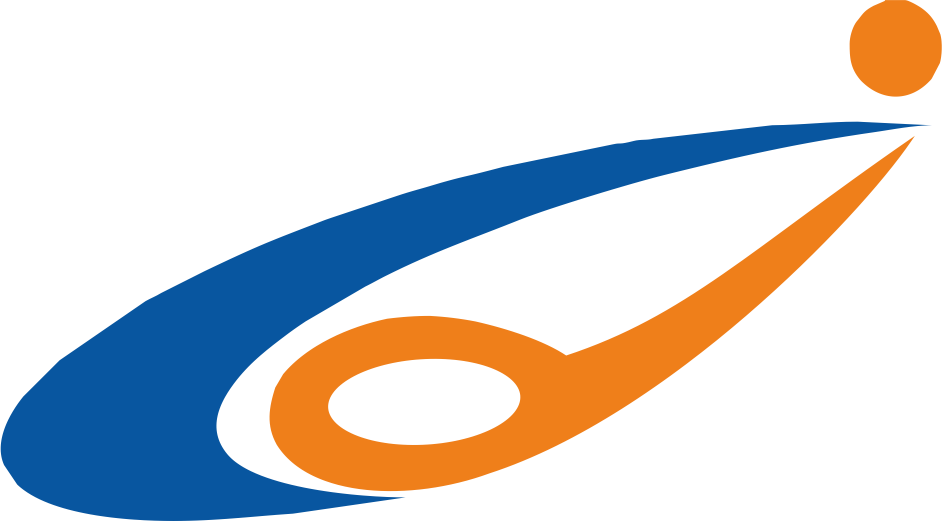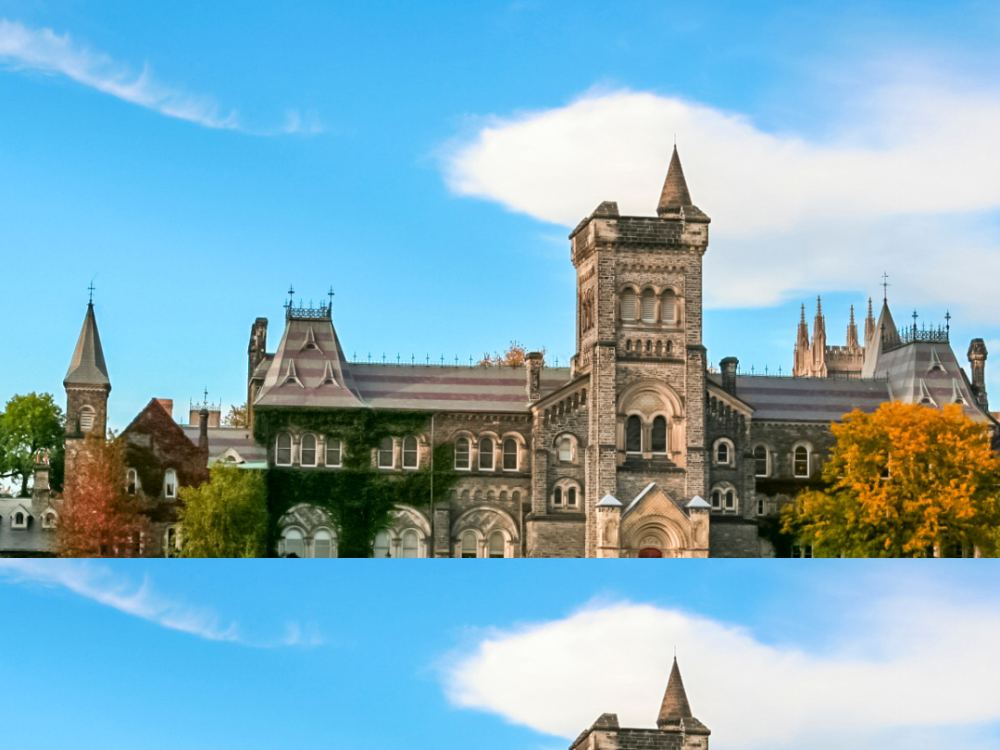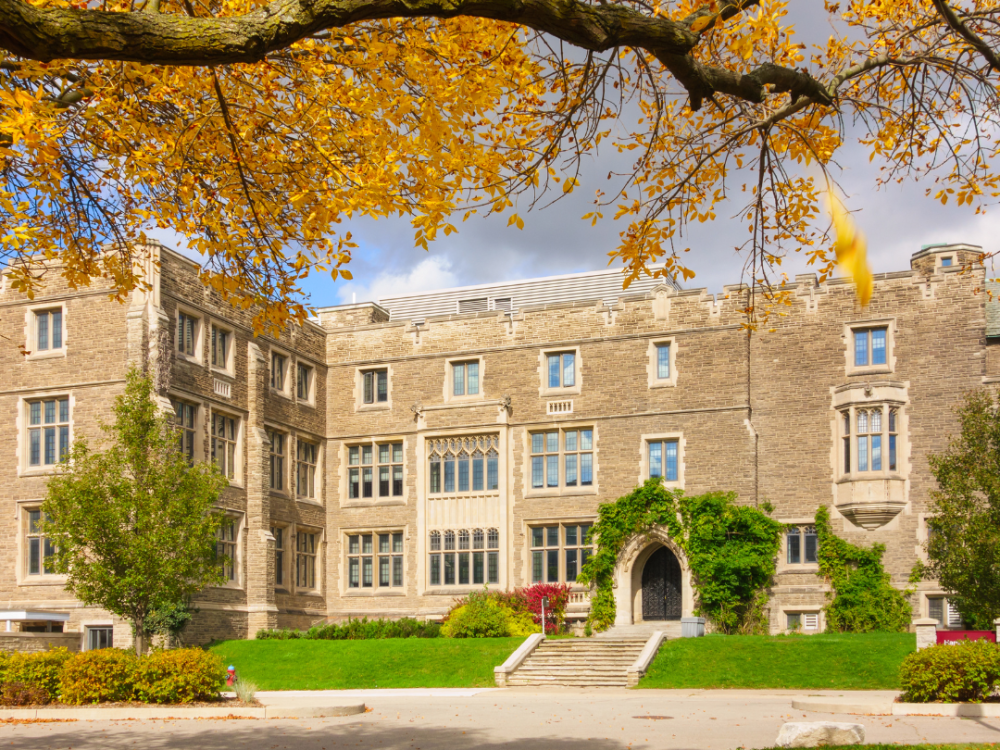
COSMOS EDUCATION
Education | Immigration | Internship
Location
101, 102, White House Building, S.V. Road, Andheri (W) Mumbai
Call Us
+91 869 100 8982

Education | Immigration | Internship
101, 102, White House Building, S.V. Road, Andheri (W) Mumbai
+91 869 100 8982
Canada is a top destination for international students, offering world-class education, diverse cultural experiences, and excellent career opportunities. Home to prestigious universities like the University of Toronto, McGill University, and the University of British Columbia, Canada is known for its academic excellence, cutting-edge research, and globally recognized degrees.
With affordable tuition fees, a high quality of life, and post-study work opportunities through the Post-Graduation Work Permit (PGWP), Canada provides a promising future for students. The country’s welcoming and multicultural environment makes it an ideal place to live, learn, and grow.
At Cosmos Education, we guide students through every step of their journey—from university selection and visa applications to settling into life in Canada. Start your study abroad journey with us today!

Canada offers a vibrant and enriching student life, making it an ideal destination for international students. Universities and colleges provide modern campuses with state-of-the-art facilities, including libraries, research centers, and student lounges.
Students can engage in extracurricular activities such as cultural festivals, sports events, and student clubs. Canada’s multicultural society allows students to experience a variety of global cultures, cuisines, and traditions, creating an inclusive and welcoming atmosphere.
Additionally, international students benefit from various student support services such as academic counseling, career guidance, mental health support, and networking opportunities. Whether in a bustling city or a smaller town, students enjoy a balanced lifestyle with access to entertainment, outdoor activities, and professional development opportunities.
The cost of living for students in Canada depends on the city, lifestyle, and accommodation choices. While cities like Toronto and Vancouver have higher living costs, smaller cities like Winnipeg and Halifax offer more affordable options. Below is a breakdown of estimated monthly expenses:
Accommodation:
Food & Groceries: CAD 250 – 600
Transportation: CAD 80 – 150 (Public transit discounts available for students)
Utilities & Internet: CAD 100 – 200
Health Insurance: CAD 300 – 800 per year (Varies by province)
Entertainment & Miscellaneous: CAD 100 – 300
On average, students should budget between CAD 10,000 – 15,000 per year for living expenses, in addition to tuition fees. Proper financial planning is essential for a comfortable student experience in Canada.
Canada offers flexible study pathways, allowing students to tailor their education to their career goals. Some key pathways include:
These short-term programs focus on practical skills and are ideal for students looking to enter the workforce quickly. Available in fields such as business, hospitality, healthcare, and IT.
These full-time programs offer comprehensive academic knowledge, research opportunities, and co-op work options in fields like engineering, business administration, and social sciences.
Designed for specialization and career advancement, master’s programs provide research and professional development opportunities in subjects like Data Science, Finance, and Healthcare.
Doctoral programs in Canada are research-intensive and often funded by scholarships, allowing students to contribute to innovation in fields like biotechnology, engineering, and social sciences.
For students who do not meet direct admission requirements, pathway programs (such as English language courses or foundation programs) help bridge academic and language gaps before transitioning into full-degree programs.
Canadian universities and colleges offer a wide range of courses in various fields. Tuition fees depend on the institution, program type, and study level. Below are the average annual tuition fees:
Some programs offer co-op options, allowing students to gain work experience while studying. Scholarships and financial aid options are available for international students to help manage tuition costs.
Canada is home to several student-friendly cities, each offering unique opportunities:
To study in Canada, international students need a Study Permit. The key requirements include:
Processing times vary, so students should apply well in advance.
Canada allows students to gain valuable work experience while studying and after graduation.
Many Canadian universities offer co-op programs that allow students to work in their field of study as part of their curriculum. This provides hands-on experience and networking opportunities.
Graduates can apply for a Post-Graduation Work Permit (PGWP), allowing them to work in Canada for up to 3 years after completing their studies. This experience can help students qualify for Permanent Residency (PR) through programs like:
Many international students use their Canadian education and work experience as a pathway to permanent settlement in Canada.
Canada is renowned for its high-quality education system, research-driven universities, and globally recognized qualifications. The country offers flexible learning pathways, strong industry connections, and post-graduation work opportunities, making it an ideal destination for international students.



Graduates can work as Business Analysts, Financial Managers, Marketing Strategists, or in executive roles in multinational companies.

Canada has a strong demand for engineers, with job opportunities in sectors like construction, manufacturing, and technology.

Canada is a tech hub, with job opportunities in IT firms, financial institutions, and government agencies.

Healthcare professionals are in high demand in Canada, with excellent job prospects in hospitals, research labs, and public health organizations.

Graduates can work in the entertainment industry, digital media companies, and advertising agencies.

The hospitality industry in Canada is thriving, with career opportunities in hotels, resorts, airlines, and tourism agencies.

Growing demand for environmental professionals in Canada, with opportunities in government agencies, NGOs, and research organizations.

High demand for skilled trade workers in Canada, with excellent job security and salaries.
Test-Prep
TOEFL
SELT
Internship/Jobs
Call us on: +91 86910 08982
(Between 8AM to 6PM)
Mail us on: visa@cosmoseducation.in